European governments have effectively limited imports by putting pressure on vehicle manufacturers not to close high-cost factories or to lay off workers. The Chinese government requires foreign automakers to partner with local manufacturers and sometimes requires them to transfer technology to Chinese companies.
Still, tailoring measures against the auto industry to create jobs in the United States could be difficult. For example, BMW’s Mexico plant would produce 3 Series sedans, which are currently made in Germany and China, and South Africa, where production is being phased out. Most likely, the plant in Mexico would take jobs from the factories in Germany and China and create demand for components imported from the United States.
BMW is “very much at home in the U.S.A.,” Glenn Schmidt, a BMW spokesman, said in an email. Mercedes-Benz declined to comment.
The BMW factory site in San Luis Potosí, Mexico, is already swarming with construction workers rushing to make a 2019 deadline to begin production. There is little chance BMW will change its plans and move the assembly lines to the United States.
Mr. Trump’s comments hark back to the 1980s, when the Reagan administration criticized Japan for what it called unfair trade policies in the auto business. That compelled the Japanese government to set annual limits on the number of cars shipped to the United States.
Although President George Bush allowed Japan to drop the limits soon after taking office in 1989, the fights of the 1980s taught the global industry a valuable lesson: Made in America can be a good thing. Japanese and European automakers built assembly plants in the United States, taking the edge off political battles while creating tens of thousands of jobs in the country. Building plants in the United States helped in other areas as well, such as improving the foreign automakers’ logistics and moderating the impact from turbulence in currency markets.
BMW’s largest factory anywhere in the world is in Spartanburg, S.C. It employs nearly 9,000 people and exports 70 percent of the vehicles it makes, BMW says. Daimler makes Mercedes-Benz S.U.V.s and C-Class cars in Tuscaloosa, Ala., and it is building a factory in Charleston, S.C., to manufacture Sprinter vans, creating more than 1,000 jobs.

BMW in the United States Wikipedia

BMW Manufacturing Continues as Largest US Automotive Exporter by
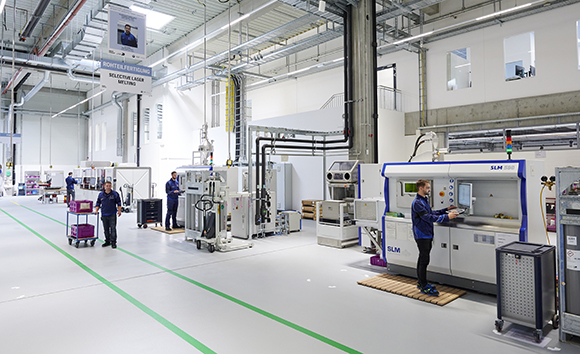
BMW Group opens its new Additive Manufacturing campus
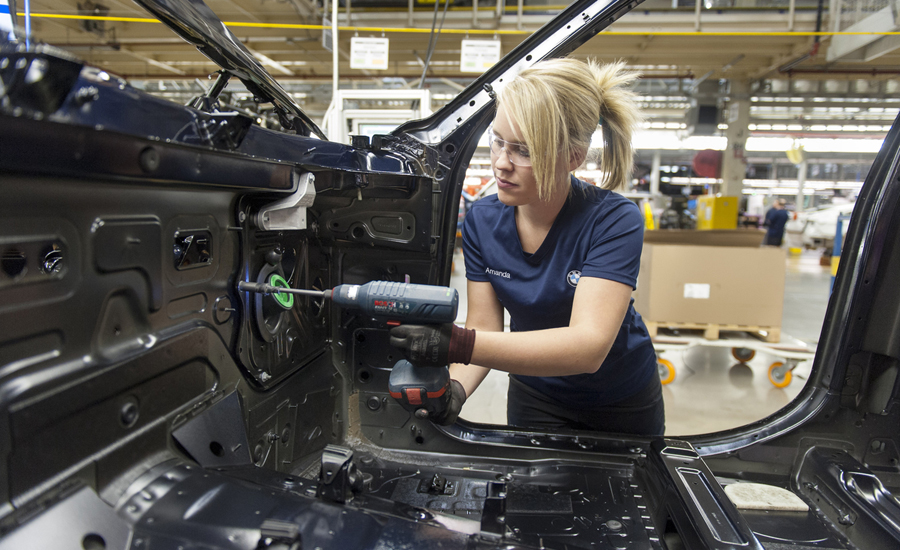
BMW Remains the Largest US Auto Exporter by Value 161616
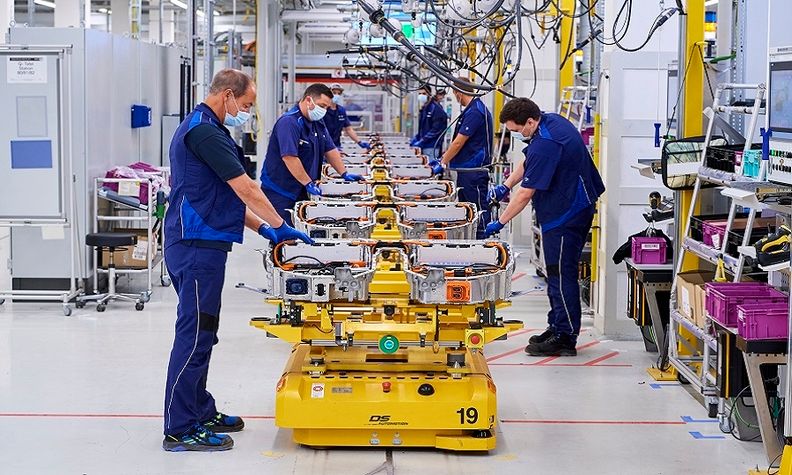
BMW moves engine production to UK Austria as German plants go

Largest BMW plant will expand this year
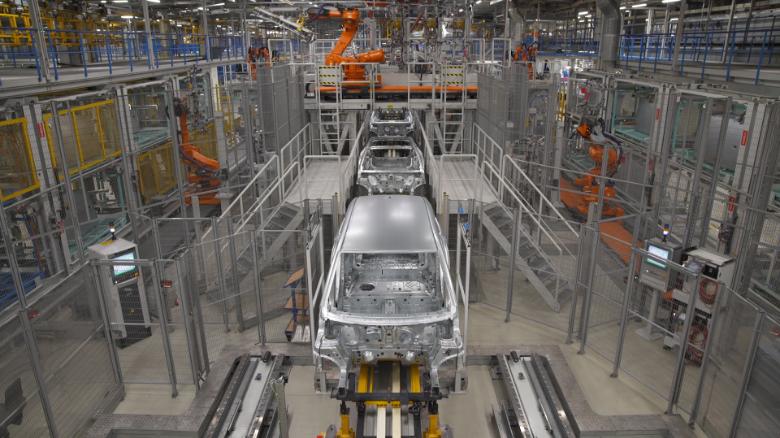
Smart watches help this factory customize cars

BMW Manufacturing recorded its largest annual production in 16
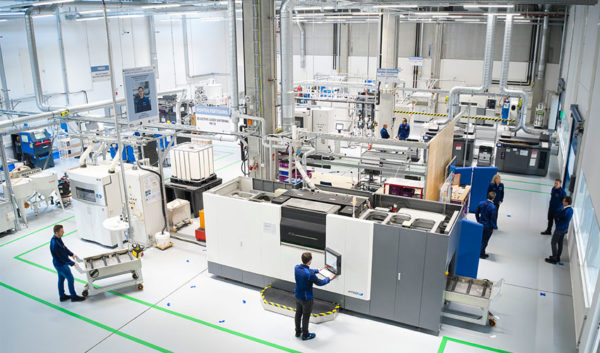
BMW is opening an additive manufacturing centre to pool its

Smart Factory How BMW is optimising production lines

BMW Manufacturing Co LLC SC Future Makers SC Future Makers
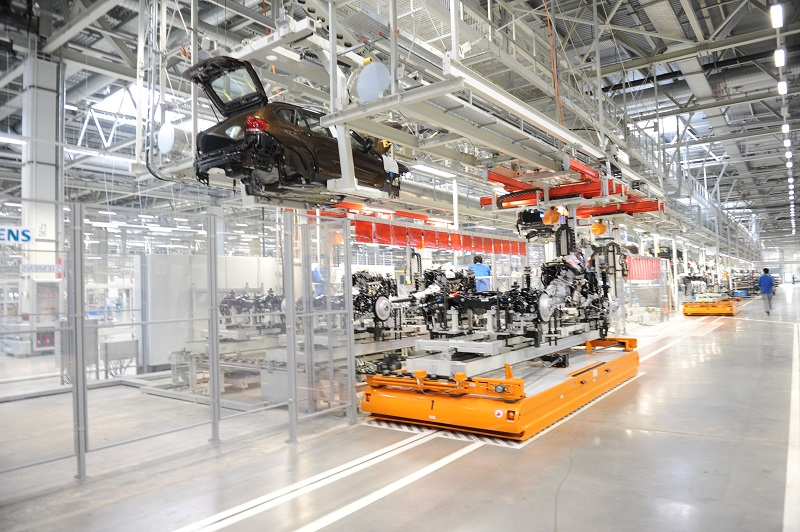
BMW Achieving Brilliance in China Article Automotive
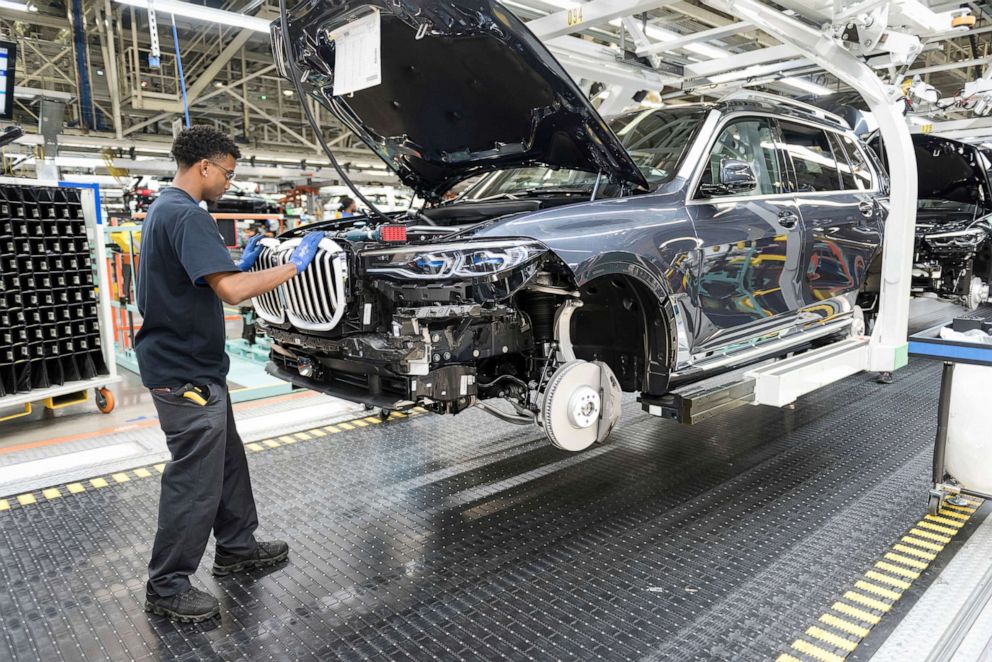
16 years ago BMW opened shop in South Carolina The economy

GreerBased BMW Manufacturing Continues as Largest US Automotive

BMW's biggest factory in US sets production record
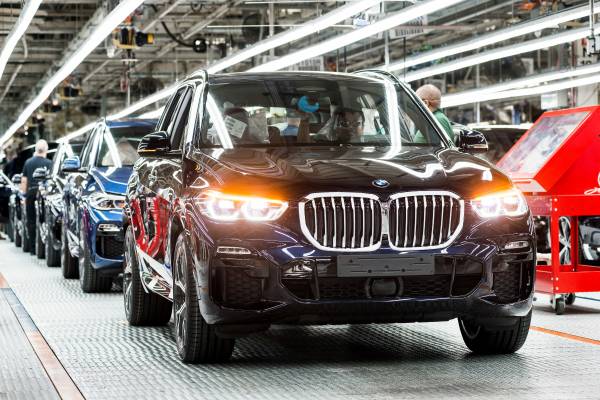
Record Production Year for BMW Manufacturing